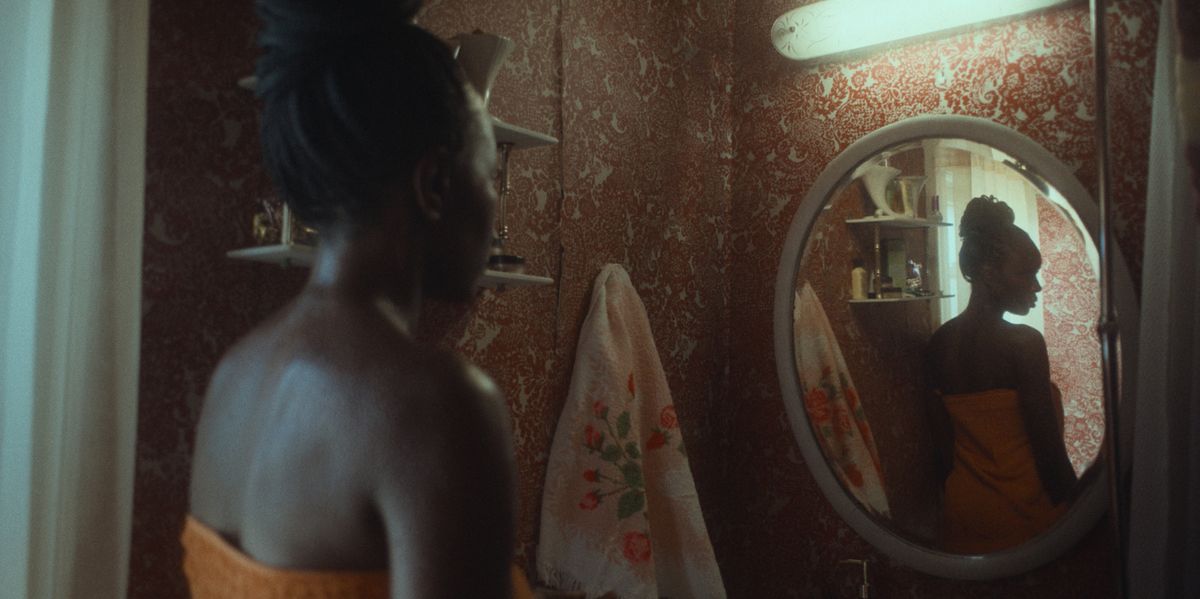Promising Young Women: Nanny (Nikyatu Jusu, 2022) // Emily the Criminal (John Patton Ford, 2022)
Women, anger, and whose rage gets heard.

Welcome to a new month at the newsletter! Only one month left until the first issue of my new comic series with Letizia Cadonici, The Neighbors, goes on sale.
Please be sure to ask your local comic store to stock it – that's where most of the sales come from, and that first issue is really important. If you don't yet know your local comic store, you can find it here.
In the summer of 2018, when my daughter was only a year old, I couldn’t look at a newspaper without seeing something about the Nanny Murders. Lucia and Leo Krim, ages six and two, had been left alone with their nanny, a woman named Yoselyn Ortega, while their mother took their sister to a swimming lesson. When the mother and sister returned, Lucia and Leo were dead, stabbed to death, their bodies floating in a bathtub. Ortega tried to slit her own throat, but survived and was sentenced to life in prison.
You can see faint outlines of that case floating around under the surface of Nanny. There is a nanny; a child; a knife, a bathtub, a swimming pool. What changes is the direction of our sympathies. The stories I read centered on the vulnerability of middle-class parents: We invite strangers into our homes to look after our children. We trust a whole network of paid professionals to keep our children alive. What happens when something goes wrong?
I share those fears. I’ve hired sitters off babysitting sites to look after my daughter; I’ve sent her to day care. I would be a bad parent if I never worried about my child’s safety. Yet that’s an extremely privileged worry. The entire edifice of child care in America depends on high-income white parents outsourcing child care to low-income women of color, many of them immigrants, many of them mothers in their own right, who spend their time with our children whilst unable to see their own. Everyone knows this, and no-one does anything about it; wealthy white parenthood is still propped up by essentially the same structures that enabled it during slavery, and this has come to sound like a liberal truism rather than a cry of despair.
Nanny is a cry of despair. It’s a story about nanny murders that focuses on why the situation is terrifying for the nanny.